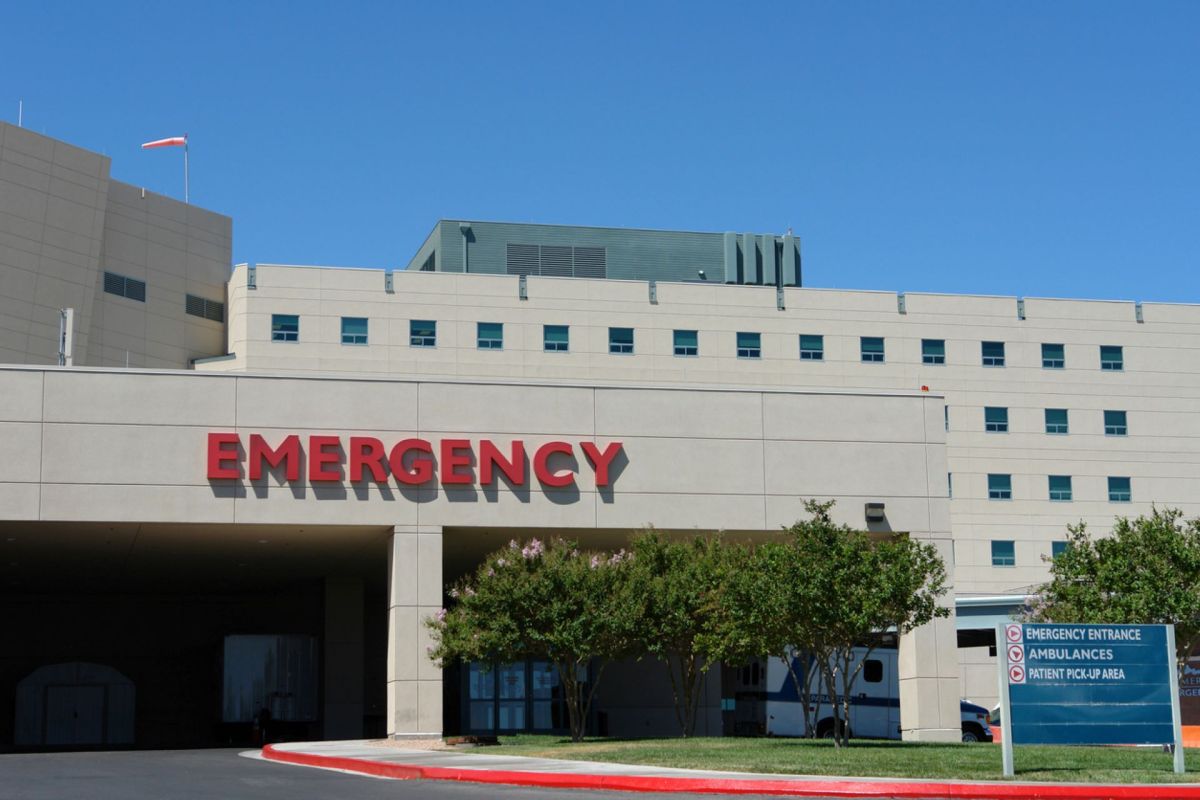The European Environment Agency (EEA) has named the culprit responsible for the deaths of almost half a million people in 2021 — and it's found in the very air we breathe.
What's happening?
Researchers from the EEA largely blame fine particulates, inhalable particles known as PM2.5. Of the total, they attributed 253,000 "early deaths" to levels of PM2.5 that surpassed the World Health Organization's (WHO) maximum guideline limits, as reported by the Guardian.
Additional deaths were found to be caused by excessive levels of nitrogen dioxide and ozone.
"The figures released today by the EEA remind us that air pollution is still the number one environmental health problem," Virginijus Sinkevičius, the EU's environment commissioner, told the Guardian.
Why is air pollution concerning?
Many people forget that saving the planet is also saving themselves. Air pollution directly affects the environment and all of the plants, animals, and humans living in it.
Often called the "silent killer," air pollution is one of the biggest health emergencies since tobacco, according to the WHO, contributing to higher risks of everything from respiratory infections and heart disease to asthma and cancer.
An investigation by the Guardian this year found that 98% of people in Europe were breathing air that breached WHO guidelines.
The WHO states that this is true for almost all of the global population, with air pollution responsible for 6.7 million premature deaths annually.
What's being done about air pollution?
Over the years, knowledge has become power in identifying ways we can improve air quality.
The Clean Air Act requires the Environmental Protection Agency (EPA) to regulate and monitor toxic gases released into the atmosphere.
In recent years, the EPA has taken steps to minimize pollution from large industrial facilities and transportation, two huge contributors to the health crisis we face today.
Transitioning to clean energy, like solar and wind, is vital to reducing air-polluting gases.
Sometimes it's hard to know where to start fighting the problem at home, but it's easier than you think.
Recycling, thrifting, and repurposing products are amazing ways to make a difference. You can also purchase an air purifier to cleanse your living space.
Switching to public transportation and taking walks when possible instead of using gas-powered vehicles are other low-effort ways to help the issue of air pollution. If you're in the market for a new car, think about upgrading to an electric vehicle.
"The good news is that clean-air policy works," Sinkevičius told the Guardian. "But we need to do better still and bring pollution levels down further."
Join our free newsletter for weekly updates on the coolest innovations improving our lives and saving our planet.









